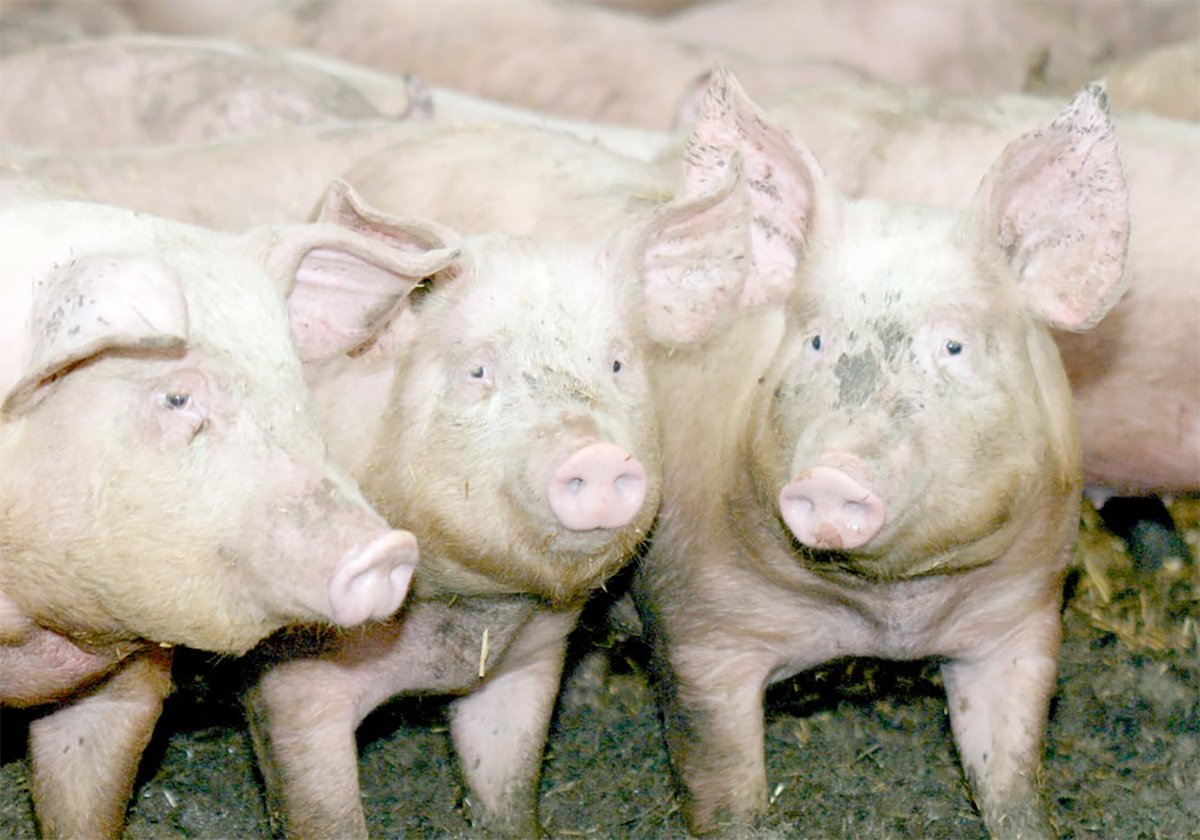RED DEER – Fast food chains like McDonald’s have in the past few years
sparked more change in animal welfare than in the previous 50 years,
according to a Canadian animal welfare specialist.
When McDonald’s clamped down on its meat and egg suppliers, it led to
substantial improvements in animal welfare, he said.
Restaurants like McDonald’s and Burger King have outlined expectations
for livestock and poultry handling and processing.
David Fraser, an animal welfare program director at the University of
Read Also

The Western Producer Livestock Report – November 13, 2025
Western Producer Livestock Report for November 13, 2025. See U.S. & Canadian hog prices, Canadian bison & lamb market data and sales insights.
British Columbia, said the two companies have adopted the American Meat
Institute standards for cattle slaughter plants.
“These are not a code of practice but a set of critical control points
that an auditor can check in a quantitative manner after spending a few
hours in the plant.”
Fraser said McDonald’s standards do not have an immediate impact on
Canada because standards here were already closer to what the
restaurant wanted than were in the U.S. guidelines.
He told a recent western Canadian dairy seminar in Red Deer that Burger
King standards are more comprehensive, so effects may be felt later.
Fraser said codifying standards has become more common.
McDonald’s took action after an animal rights group took it to court in
Great Britain in 1997.
The court ruled many of the activists’ charges were unfounded, but the
judge added that cruelty to animals is inherent in some production
practices. McDonald’s was “culpably responsible” for cruelty in cases
where it had close links with its supply chain.
Two years later, the company announced a set of supplier standards.
Burger King issued its animal handling procedures last June.
Fraser said Canadian suppliers do not know if restaurants and stores
will accept Canadian codes of practices as equivalent or if they plan
to impose the company standards.
It could be difficult for Canadian producers to adjust their practices,
Fraser said.
“In a decentralized system like Canada animal agriculture, this is
going to be much more of a challenge,” he said.















